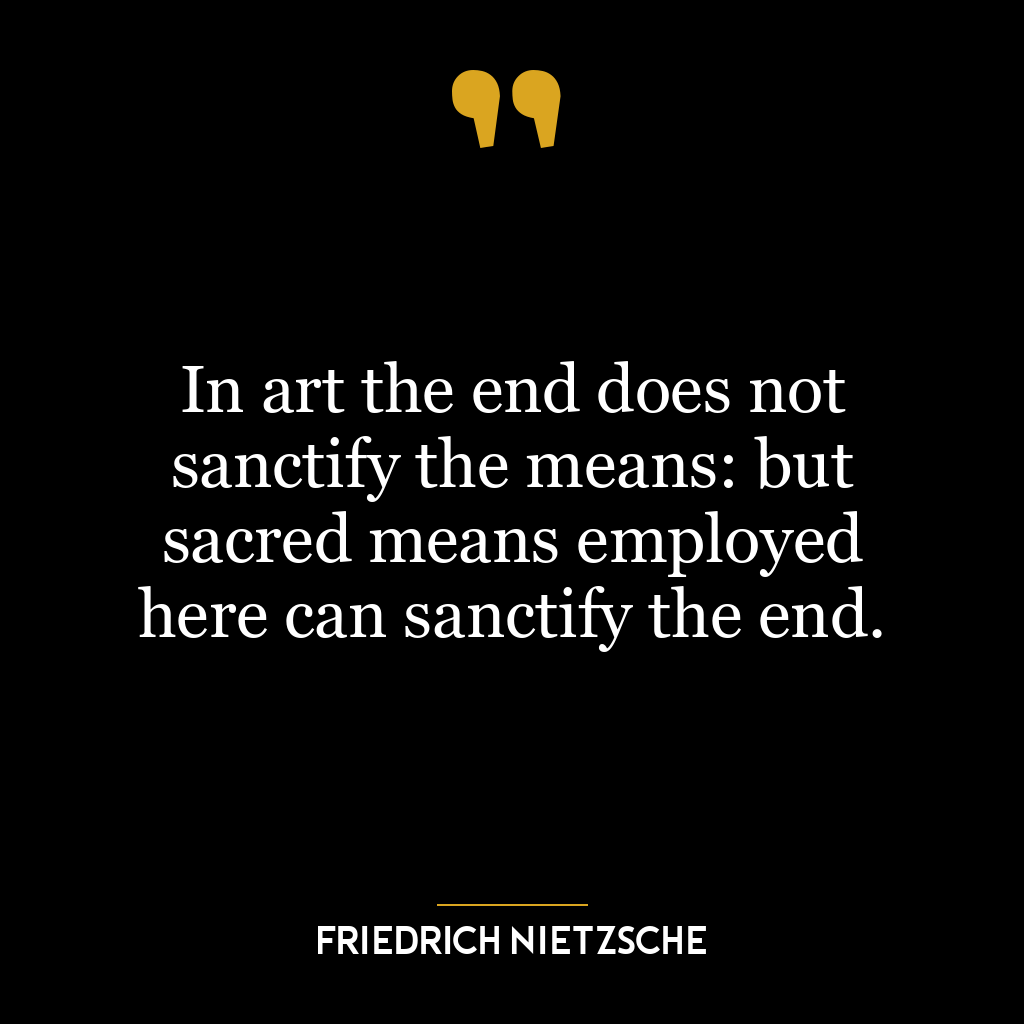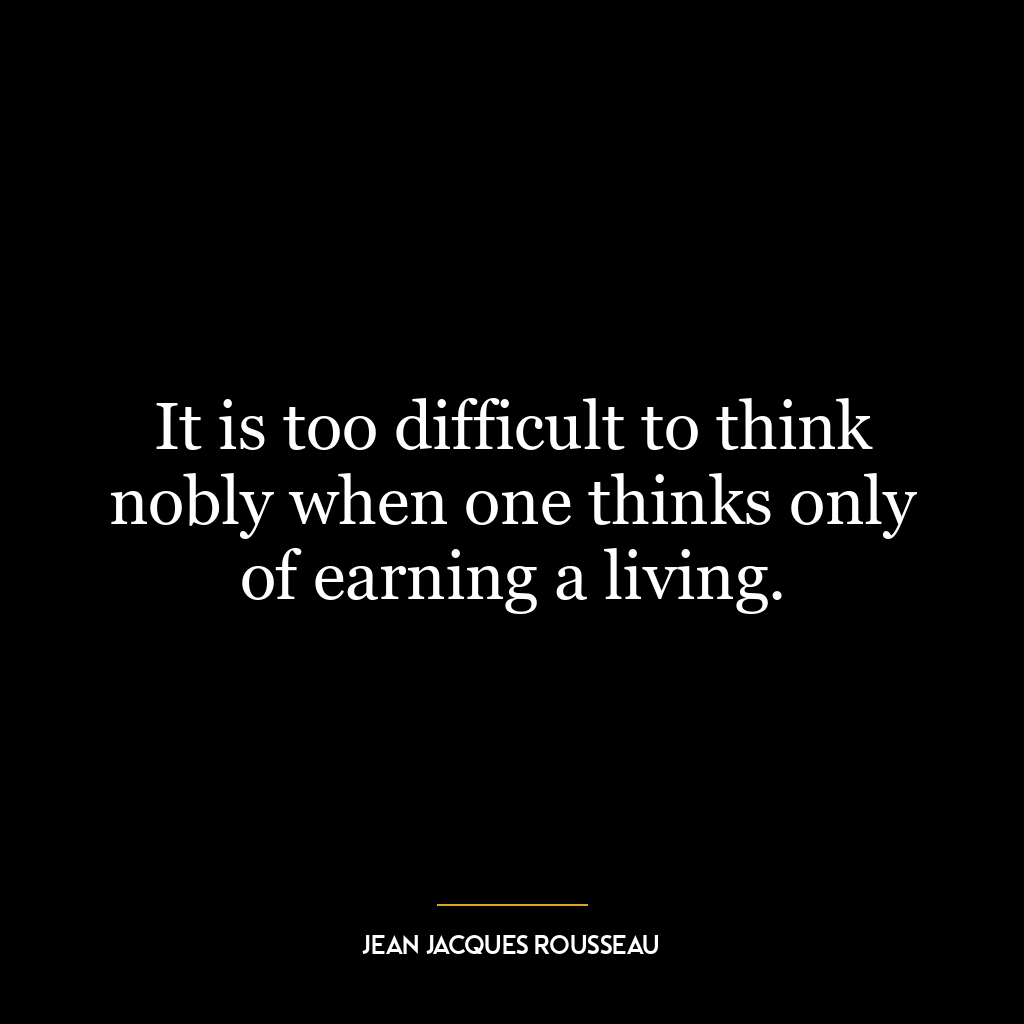This quote, “Do good when you can, and charge when you think they will stand it,” by Mark Twain, is a reflection of his sharp wit and keen observation of human nature. It essentially suggests two things – firstly, to always strive to do good whenever possible, and secondly, to seize opportunities for personal gain when you believe others can bear the cost.
The first part of the quote, “Do good when you can,” encourages altruism and kindness. It is a timeless principle, advising us to always be ready to help others whenever we can, without expecting anything in return. It’s about contributing positively to society and the lives of the people around us.
The second part of the quote, “and charge when you think they will stand it,” is more complex. It suggests that there are times when it’s acceptable to seek personal benefit, especially if it doesn’t harm others. This could be interpreted as a call for assertiveness and self-interest, a recognition that while altruism is important, so too is looking out for oneself.
In today’s world, this quote can be applied in various contexts. For example, in business, it could mean providing valuable services or products that benefit others, but also recognizing the value of your work and charging appropriately for it. In personal development, it might mean helping others grow and succeed, while also taking care of your own needs and ambitions.
However, it’s important to note that the quote doesn’t advocate exploiting others. The phrase “when you think they will stand it” implies a sense of fairness and consideration for the other party’s capacity. It’s about finding a balance between selflessness and self-interest, between giving and receiving, which is a key aspect of both personal and professional success.
Ultimately, this quote is a reminder to be kind, to be fair, and to be mindful of our actions and their impact on others. It encourages us to strive for a balance between doing good for others and doing well for ourselves.









